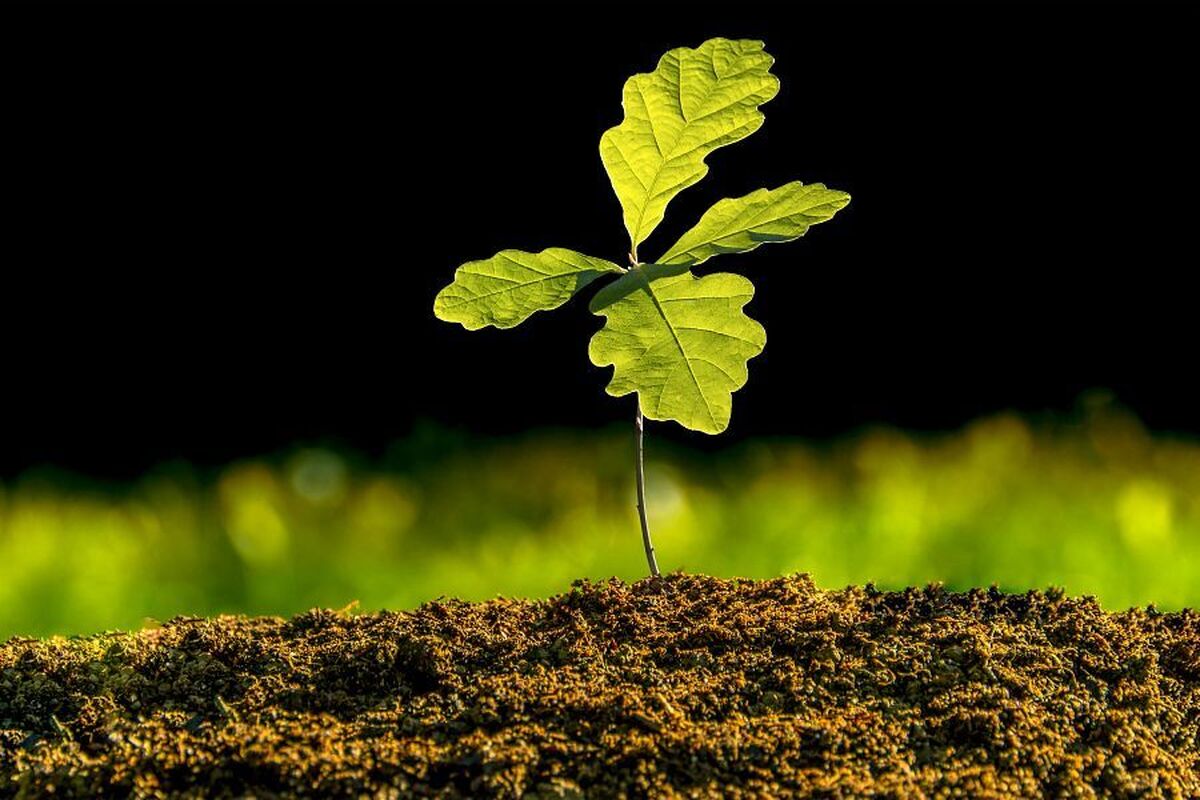Ethiopia Set to Plant 6.5 Billion Seedlings to Curb Desertification

The Ethiopian Ministry of Agriculture said the planting of the 6.5 billion seedlings will take place mainly from June to September, which is part of Ethiopia's ambitious Green Legacy campaign, the state-affiliated Fana Broadcasting Corporate reported.
According to the ministry, the seedlings are currently being cultivated across 132,144 nursery sites throughout the East African country.
Fanose Mekonnen, head of natural resources development, conservation and utilization at the ministry, said that preliminary works are currently ongoing across the country.
According to the ministry, some 60 percent of the seedlings will be multi-purpose fruit tree seedlings, which will have the dual importance of augmenting Ethiopia's food security and commercial purposes soon.
The ministry said various works are currently underway across the nation to realize this year's tree-planting ambition. Such efforts include an integrated area mapping activity to prepare suitable planting sites, the development of watersheds where the seedlings will be planted, as well as soil and water conservation works.
Meanwhile, the ministry called on agricultural experts, farmers as well as the general public to work in tandem with ongoing nationwide efforts to realize the national target.
Ethiopia is striving to establish a green, lower-middle-income economy, with the government-led tree-planting initiative gaining significant momentum in recent years.
The Green Legacy campaign, which was launched some six years ago, is an initiative proposed by Ethiopian Prime Minister Abiy Ahmed, aiming to restore Ethiopia's depleted forests and combat desertification.
Experts attribute the increasing adverse effects of climate change in Ethiopia to the escalating rate of deforestation. Over the past few decades, Africa's second most populous nation has witnessed a significant loss of its once-abundant forest coverage.
According to the Ethiopian Environmental Protection Authority (EEPA), while Ethiopia only accounts for about 0.04 percent of global greenhouse gas emissions, the country is highly vulnerable to the impacts of climate change, mainly due to its high dependence on rain-fed agriculture and natural resources, as well as its relatively limited adaptive capacity.
Speaking to Xinhua recently, Getahun Garedew, the EEPA director-general, said the East African country is facing the brunt of climate change and needs to urgently build climate resilience capability.
The director-general noted that as the adverse effects of climate change persist, heavy rains, flooding and soil erosion are putting both urban and rural infrastructure at risk, particularly for the vulnerable segment of the Ethiopian population.
4155/v





















